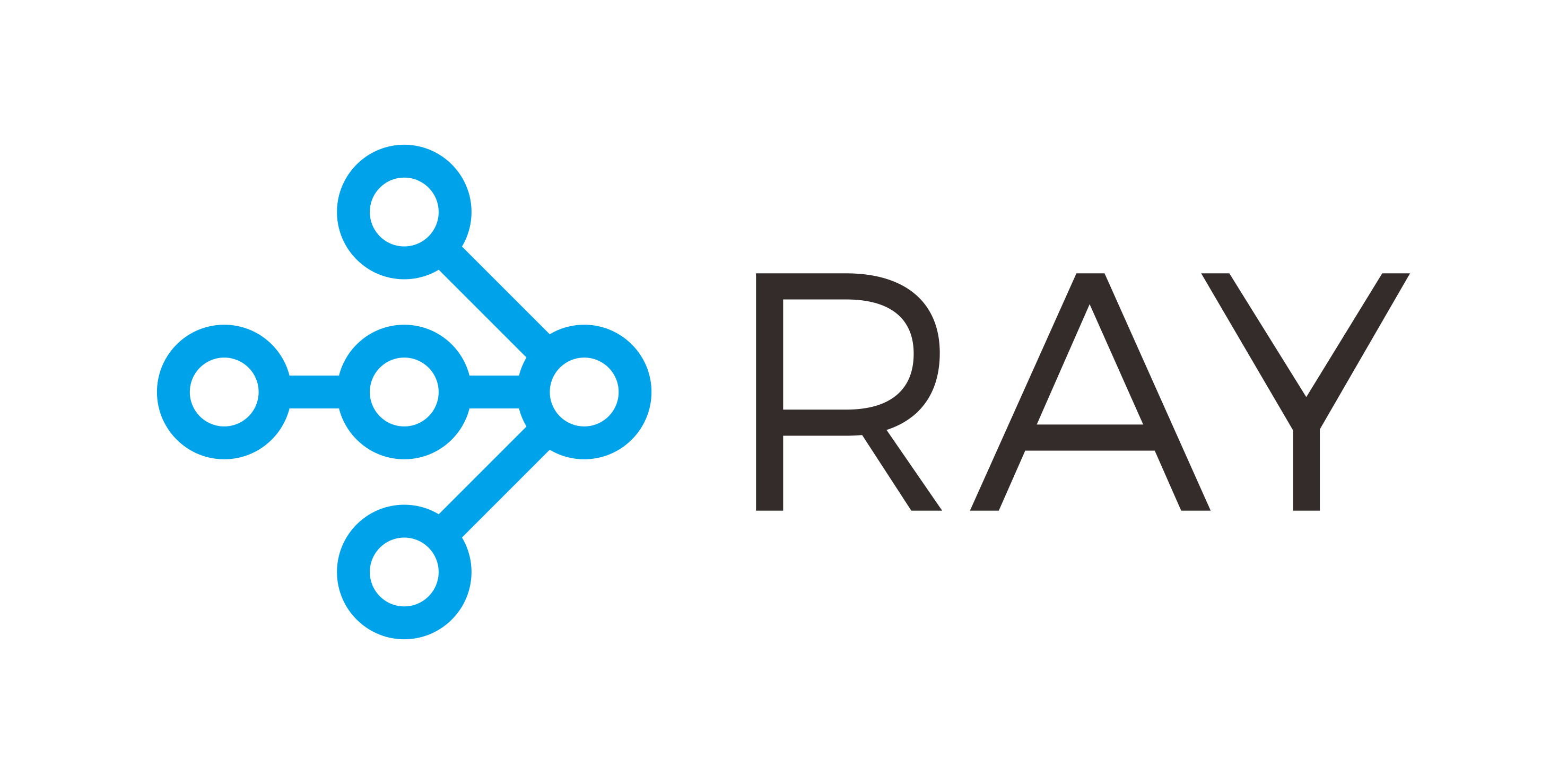© 2019-2023, Anyscale. All Rights Reserved
An introduction to Ray, the system for scaling your Python and machine learning workloads from a laptop to a cluster. We'll start with a hands-on exploration of the core Ray APIs for distributed workloads, covering basic distributed Ray Core API patterns, and then move on to a quick introduction to one of Ray's native libraries:
- Remote functions as tasks
- Remote objects as futures
- Remote classes as stateful actors
Divided into three modules, each module will take about an hour, combined with lecture and followed by hands-on 👩💻 exercises in class.
- Lecture 20 mins
- What is Ray and Why & Origins
- Ray Component & Architecture
- Ray Core API Decorators & Patterns
- Notebooks & Exercises
- Ray Functions as distribtued stateless tasks
- Ray Objects as Distributed future objects
- Ray Actors as distributed stateful services
- 👩💻Understand what the Ray ecosystem is and why to use it
- 📖Learn Ray's Core basic APIs and Python APIs
- 🧑💻Use Ray APIs to convert Python functions and classes into distributed stateless and stateful tasks
- 🎛 Use Dashboard for inspection and observation
- 🧑💻Discover the purpose of Ray native libraries and how to use them
Level: Beginners or new to Ray
- Familiarity with Python 3.9+ and basic programming concepts: lists, comprehensions, decorators, functions, dictionaries, classes, loops, exceptional handling, etc
- A UNIX based Laptop with at least 8-16GB Memory with latest Chrome browser
- Prior knowledge of Jupyter notebooks
- Basic knowledge of machine learning concepts
If you want to follow the material in class, please follow this instructions before class to setup your laptop.
If you need to install Anaconda, follow the instructions here.
If you already have Anaconda installed, consider running conda upgrade --all.
conda create -n ray-core-tutorial-devai23 python=3.10conda activate ray-core-tutorial-devai23git clone git@github.com:dmatrix/devAIWorld23.gitcd to <cloned_dir>python3 -m pip install -r requirements.txtjupyter lab
If you are using Apple M1 laptop 🍎 follow the following instructions:
conda create -n ray-core-tutorial-devai23 python=3.10conda activate ray-core-tutorial-devai23conda install grpcio=1.43.0 -c conda-forgegit clone git@github.com:dmatrix/devAIWorld23.gitcd to <cloned_dir>python3 -m pip install -r requirements.txtjupyter lab
git clone git@github.com:dmatrix/devAIWorld23.gitcd to <cloned_dir>python3 -m pip install -r requirements.txtjupyter lab
Let's have 😜 fun with Ray!
